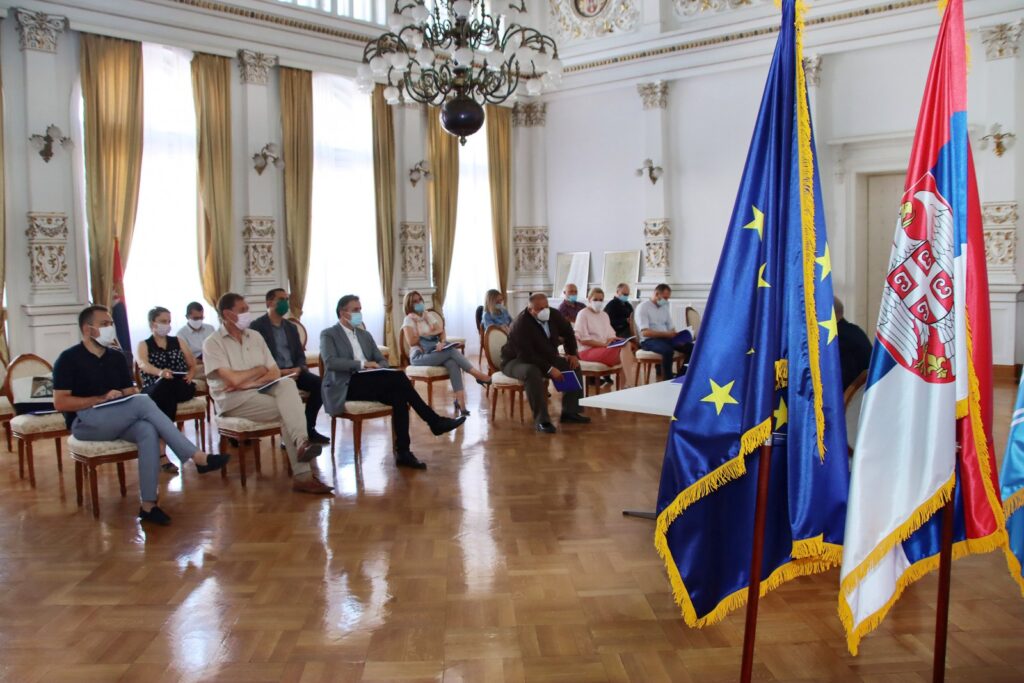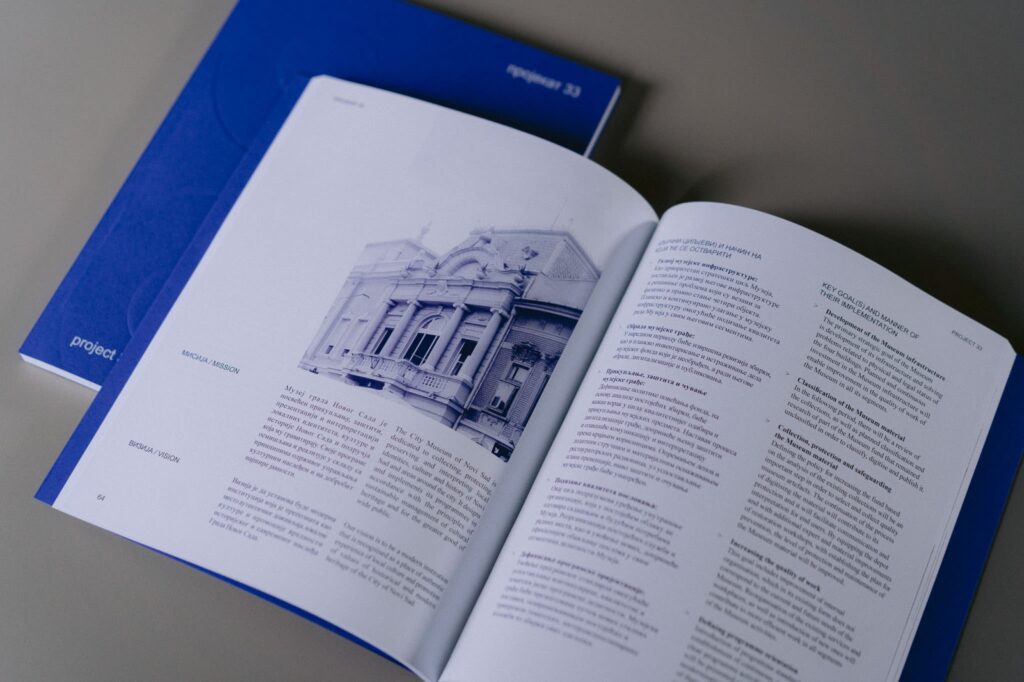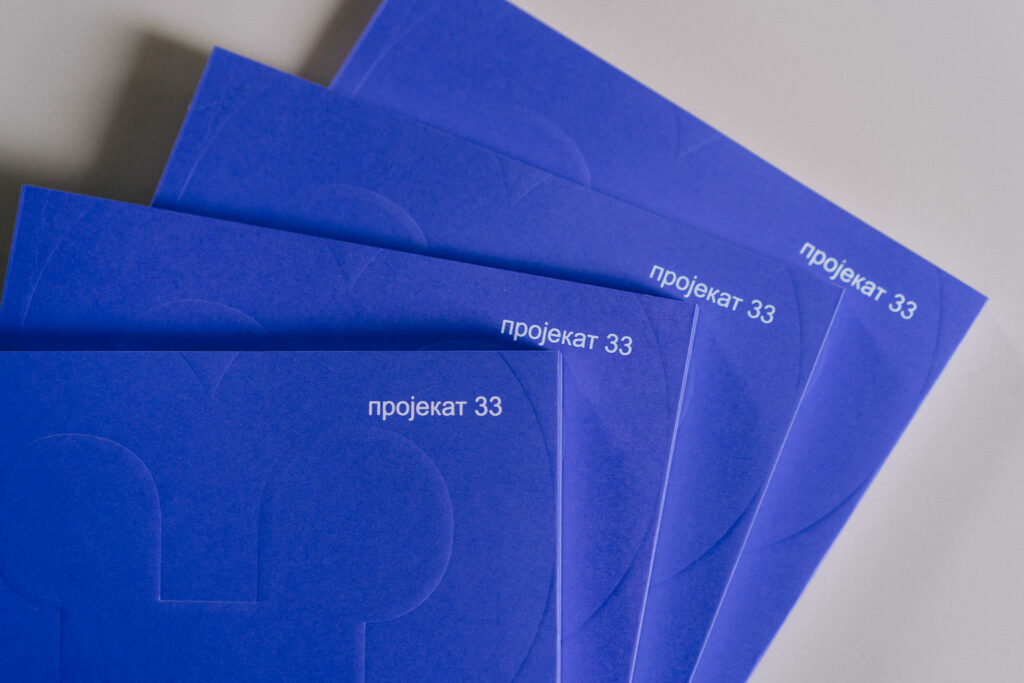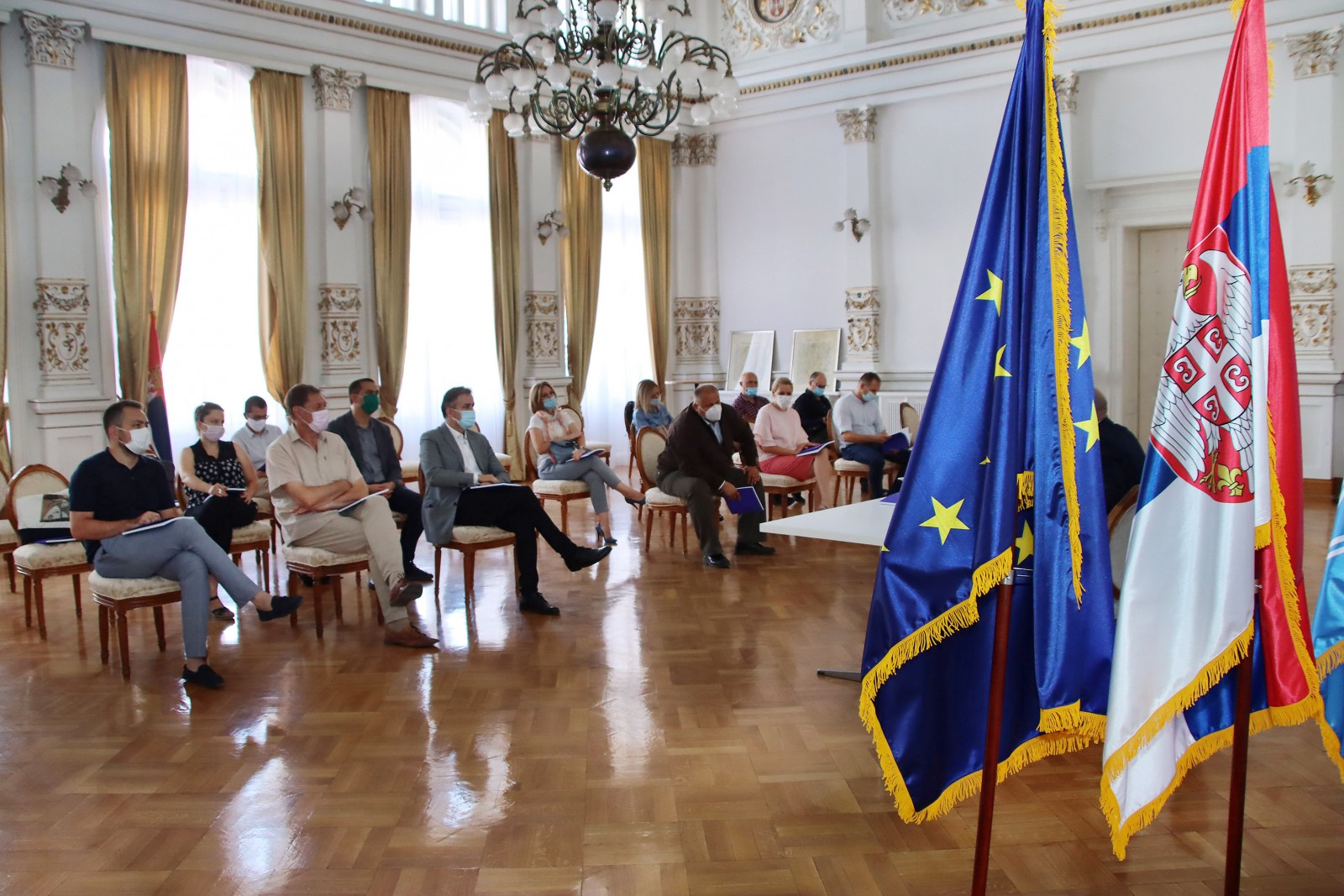This September marked four years since the adoption of the Strategy for Cultural Development of the City of Novi Sad for the period 2016-2026. On that occasion, a panel of representatives of cultural institutions of Novi Sad was held at the City Hall in Novi Sad.

Furthermore, the results of the ‘Project 33’, the longest, most thorough and, by the number of institutions it encompasses, the most extensive venture when it comes to strategic planning, were presented. Five-year strategic plans were made within the ‘Project 33’, making Novi Sad the only city in the region where cultural institutions have adopted five-year development plans. Novi Sad thus confirmed the role of the cultural centre of the region and once again showed why it is the holder of the prestigious title of the European Capital of Culture.
Prof. Milena Dragićevic Šešić, PhD, as one of the professional cultural institution mentors in Novi Sad, emphasized the importance of the strategic development of cultural institutions within the project of strengthening their capacities organized by the UNESCO Department of the University of Arts in Belgrade and with the support of the ‘Novi Sad 2021 – European Capital of Culture’ project: ‘It is a European standard, but even that would not have happened if Novi Sad was not the European Capital of Culture. As the cultural capital, the City of Novi Sad was obliged to make its strategic plan both in the field of culture and for the integral development as a whole. That should also be the standard of behaviour for all cities in Serbia – it should not be just an exception for Novi Sad.’

During the months of implementation of the project, close cooperation was achieved among the management and all employees in cultural institutions, the City Administration for Culture, the Provincial Secretariat for Culture, Public Information and Relations with Religious Communities, the ‘Novi Sad 2021 – European Capital of Culture’ Foundation and the project organizers.
The project was moderated by Višnja Kisić, PhD, and Goran Tomka, PhD, representatives of the UNESCO Department of Cultural Policy and Management at the University of Arts in Belgrade, and in addition to cultural institutions, several hundred employees and managers in the field of culture of the City of Novi Sad, dozens of experts for cultural policy issues from Serbia and abroad, as well as decision makers participated in strategic activities.

Vuk Radulović, Head of the International Relations of the Novi Sad – European Capital of Culture Foundation, pointed out that Project 33 is essential for the preparation of a high-quality artistic programme for the title year: ‘This project also brings a new practice in the work of cultural institutions in the context of years of strategic planning, which enables the implementation of the best practices of European cultural policy. It is about the fact that Novi Sad has become one of the first cities in the region in which cultural institutions have adopted five-year strategic plans, which befits a city that bears the title of the European Capital of Culture.’
The aim of the ‘Project 33’ is to encourage active social action of cultural institutions, which includes knowledge and motivation to analyze their own environment, understand their position and initiate positive social changes. Strategic planning has also enabled professional development, learning and improvement of the way cultural institutions see themselves, their environment and their role in it. Employees become the main bearers of the process of long-term planning in their institutions, and ‘Project 33’ provided them with professional education and support.



